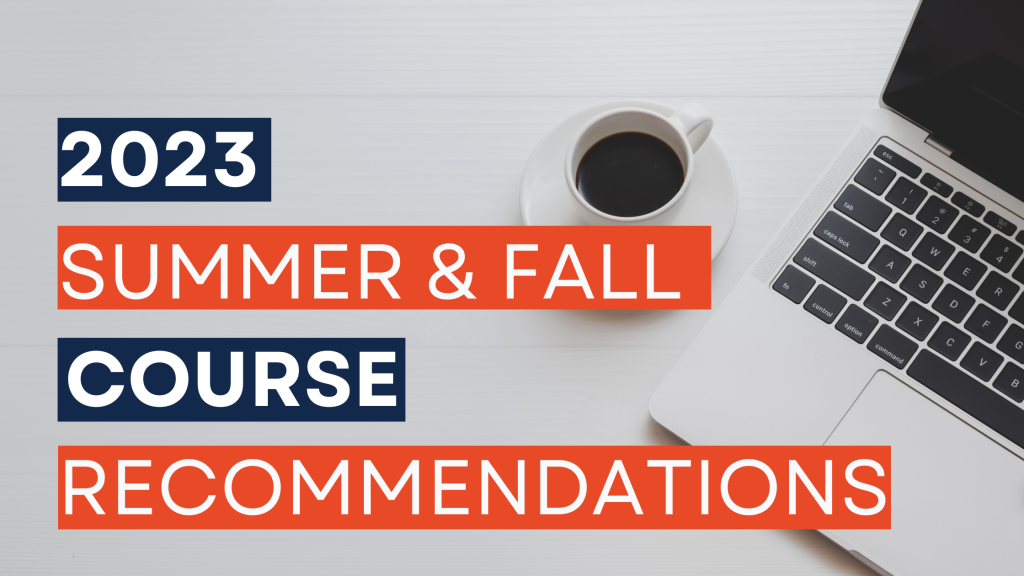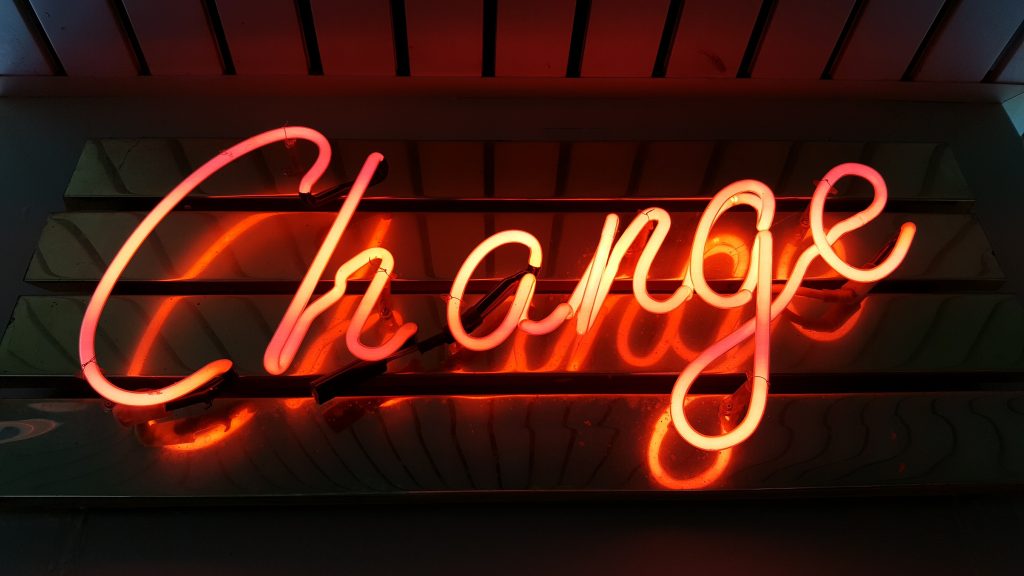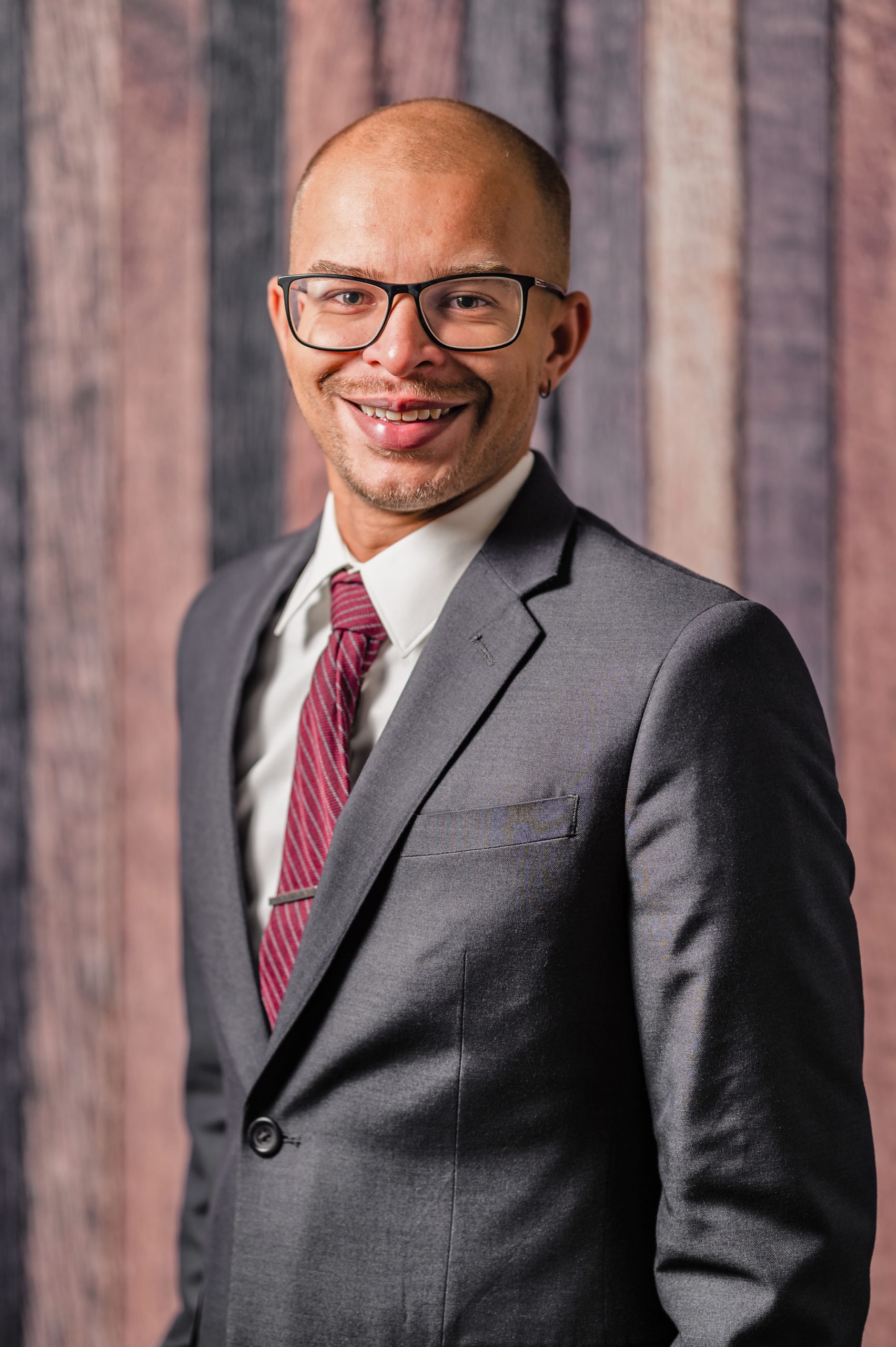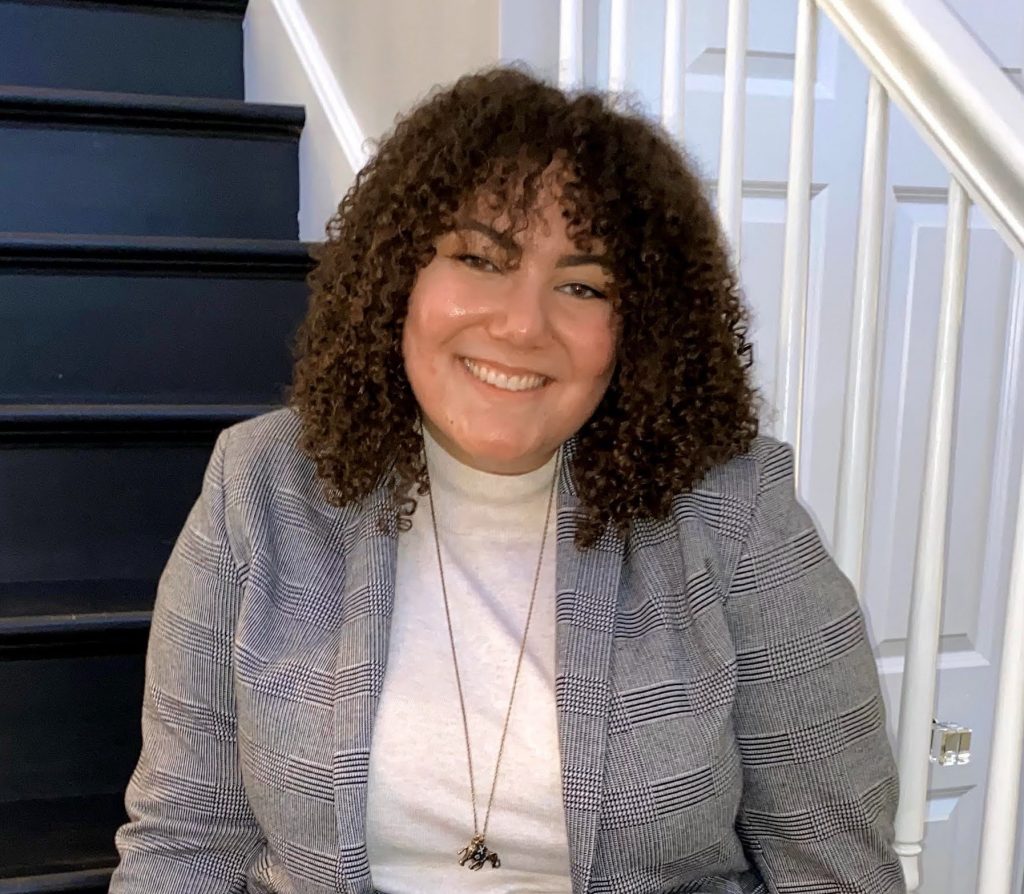
Welcome to Law School Insider! In this multi-part blog series, you will hear directly from current law students about their favorite courses, law school myths, best tips, and more!
In this second post of the series, you will hear about all-time favorite specialized and upper-level (2L – 3L year) law school classes and why your fellow Illini chose them.
Antitrust
“Antitrust law was my favorite law school class. I was an economics major in undergrad, and antitrust allowed me to apply what I learned in undergrad to a legal setting. Antitrust law is one of the most quantitative and policy-focused areas of the law in my opinion, which is a welcome break from most law school classes.”
-Ben T. | University of California Berkley School of Law
Aviation Law
“I loved my Aviation Law class because I am interested in all things aerospace and defense, and it was a unique class that covered a lot of different topic areas in aviation. It was co-taught by two professors who both have extensive experience practicing law in this field (one is even a pilot) and they were both fascinating — it was an honor to learn from them.”
-Erica H. | George Washington University School of Law
Corporate Compliance
“Corporate Compliance. It is funny to see how businesses try and manipulate legal terms.”
-Nick S. | University of Illinois College of Law
Criminal Procedure
“Criminal (Procedure) Adjudications because it tracks a logical timeline from arrest to sentence.”
-Sanjiv S. | University of Illinois College of Law
“Criminal Procedure I (Investigation). Great Professor and interesting constitutional issues that align with my personal interests. It’s a great course for applying very arguable legal principles to diverse facts.”
-Noah S. | William & Mary Law School
“Constitutional Criminal Procedure. I went into law school interested in criminal justice reform, and so learning more about the Fourth, Fifth, and Sixth Amendments in-depth has been intellectually fulfilling and applicable to my future practice.”
-Tara S. | Northwestern Pritzker School of Law
“Criminal procedure, because there are so many nuances about criminal procedure that everyday citizens may not know about, so knowing some of those things, is not only applicable to representing clients but your personal conduct with police.”
-Maciek C. | University of Wisconsin-Madison Law School
Critical Race Theory
“My favorite law school class is Critical Race Theory. Learning how the law is deeply invested in and reinforces inequitable power structures is essential to my understanding of what kind of advocate I want to be and how I intend to approach the legal field to uplift marginalized communities.”
-Karen C. | UC Davis School of Law
Deposition Advocacy
“Deposition Advocacy. It was a very practical class. I learned a lot and the workload was very reasonable.”
-Vanessa A. | Loyola University Chicago School of Law
First Amendment Law
“First Amendment Law is my favorite! My professor is engaging, knowledgeable, and does a great job facilitating class discussion. It’s really important to try taking classes with good professors if you can help it. The material of the class is really interesting, and I have developed a much deeper understanding of the theory and practicality of the First Amendment from this course!”
-Skylar R. | Northwestern Pritzker School of Law
Information Privacy
“Information Privacy because it incorporates a lot of legal disciplines and is very timely.”
-Alberto V. | University of Chicago Law School
International Law
“I’m taking international law as my 1L elective, which is by far my favorite class. I’m interested in international environmental law, and it’s been wonderful to have an opportunity to study that subject while still in my first year. I definitely recommend taking an elective 1L year, being able to study something you’re passionate about can be a nice break from the required 1L doctrinal courses that you may not feel as personally invested in.”
-Amanda W. | Duke University School of Law
Professional Sports Law
“Professional Sports Law, it is ultimately what I came to school for and gives me real-world insight into the intersection of sports and law.”
-Austin M. | Marquette University Law School
Sovereign Debt & Financial Stability
“Sovereign Debt & Financial Stability. It has been a practical and timely look into lawyers’ roles in preventing and resolving financial crises.”
-Sydney S. | Georgetown University Law Center
Trial Advocacy
“Trial advocacy. It teaches you how to operate in the courtroom and is the first experiential class you can take in law school.”
-Mallory M. | University of Illinois College of Law
DID YOU MISS PART ONE?
Click here to read what current law students are saying are their favorite first-year courses!















